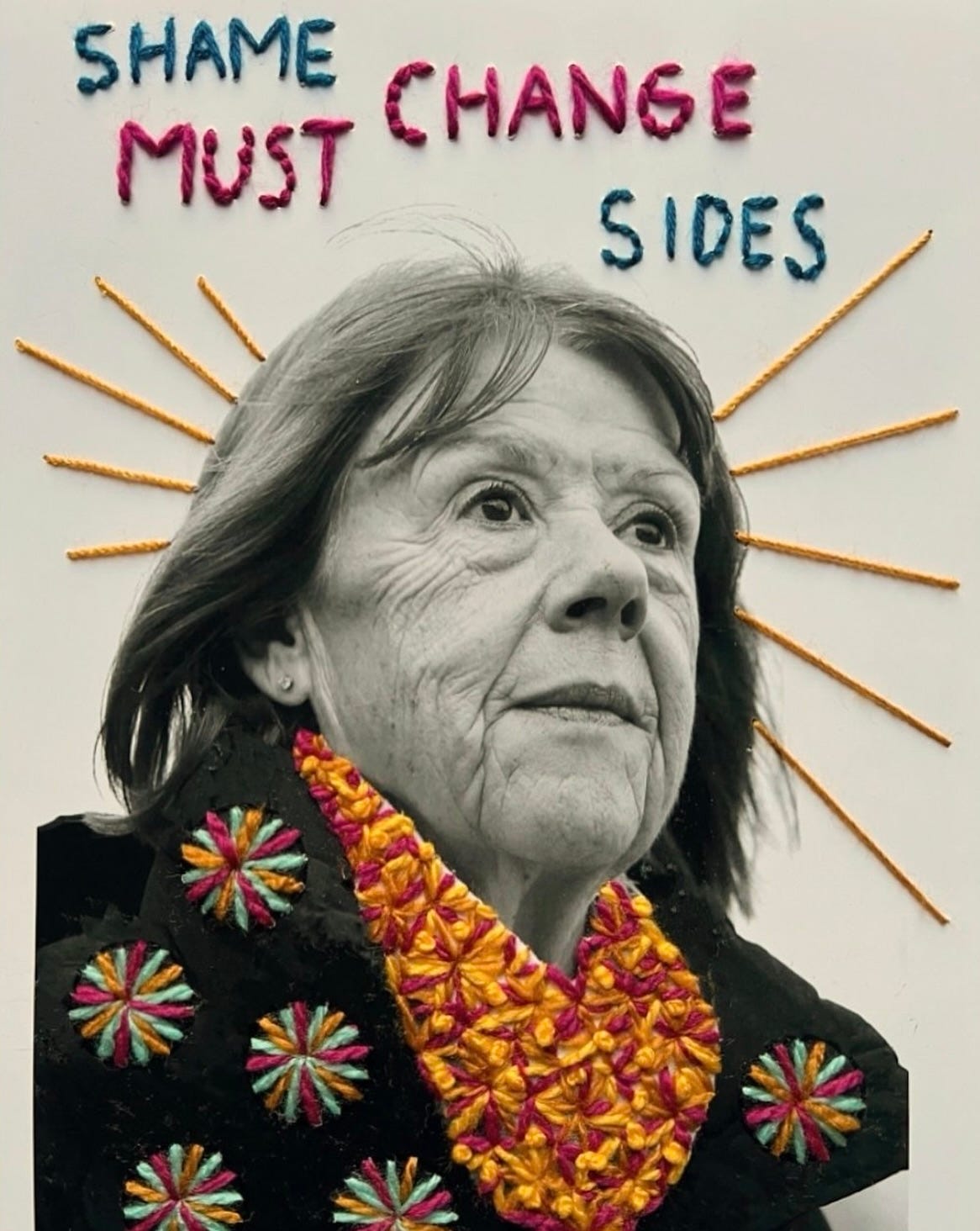Your child’s behaviour might have changed and be ‘out of character’. Behaviour is your child’s way of telling you how distressed they are; they may not be able to verbalise this so they are trying to show you.
Beneath every behaviour there is a feeling,
And beneath each feeling there is a need,
And when we meet that need rather than focus on the behaviour, we begin to deal with the cause not the symptom.
Ashleigh Warner, Psychotherapist
What I might see?
Emotional
- Fears / phobias, e.g. dark places or certain smells, sounds and places
- Guilt / shame
- Self-blame
- Denial
- Lack of self-respect
- Confusion
- Insecurity
- Anger
- Anxiety
- Depression
- Helplessness
- Mistrust
- Self-loathing
- Loss of confidence and self-esteem
- Personality change, e.g. from happy and outgoing to anxious or angry or withdrawn
Physical
- Tiredness and exhaustion
- Hyperactivity
- Diarrhoea / constipation
- Ache and pains – stomach aches / headaches / muscle tension
- Constant colds
- Asthma / eczema may get worse
- Dizzy spells
- Eating problems: eating more or less than before
- Flashbacks
- Unusual memory loss / poor memory
Behavioural
- Aggression, tantrums or bullying
- Soiling / wetting
- Sexually inappropriate behaviour or play
- Not being able to concentrate
- Withdrawal / isolating themselves
- Keeping themselves distant from men / males / women / females, even those they have known all their lives
- Compulsive behaviours
- Immature behaviours for their age
- Controlling behaviours
- Lying / denying doing things , even if you have witnessed it
- Clingy
- Using old comforters
- Become a perfectionist
- Acting as if they ‘don’t care’
- Sucking / chewing their clothing, e.g. collars and cuffs
- Dissociation – zoning out or ‘mental flight’
- Self-harm
- Attention seeking
- Telling everyone their story of the abuse
- Drug / alcohol use
- Panic attacks / hyperventilating
- Not wanting to wear certain items of clothing, e.g. underwear / something tight round the crotch
- Thoughts of death and dying
- Not wanting to go to bed
- Insomnia
- Bed wetting
- Nightmares or night-terrors
- Not want to go to school
- Truancy
- Difficulties concentrating and learning
- Overachieving or underachieving
Why has their behaviour changed?
Being sexually abused can and does traumatise children and as a result they may show emotional, behavioural or physical signs.
It may also mean that they appear fine one moment and the next they have an emotional or behaviour outburst, e.g. they suddenly become angry / aggressive / crying etc. with no apparent trigger.
They may also be displaying behaviours that would seem more appropriate for a much younger child, e.g. a 10 year old throwing a tantrum like a 2 year old. They are simply trying to stay alive in a world that their brain is telling them is dangerous, even if they are safe now.
While they are stuck in survival mode they will find it very difficult to manage their emotions/behaviours, concentrate, think, explain things in words or learn because the part of the brain responsible for these functions is not working properly due to the trauma.
Not wanting to be physically affectionate
It may be that your child does not want to be hugged or kissed by you or other relatives/friends. This does not reflect on how much they love you or their other relatives. Encouraging choice and allowing children to say ‘no’ to physical contact if they don’t want it can be very empowering.
It also may be that you are not sure if you can still hug or kiss after they have experienced sexual abuse. In both cases, asking ‘do you want a hug’ or ‘can I give you a cuddle’ and accepting both ‘yes’ or ‘no’ as an answer can be a way to show your child you love them and want to be affectionate towards them but are being respectful of their body boundaries.
Trauma and the brain
The brain reacts to ‘toxic stress’ that they have suffered. It can sometimes be called a ‘threat’ response or a ‘panic alarm’ response. The body has gone into survival mode.
Although upsetting, challenging, frustrating, worrying and possibly overwhelming for the adults around them, these reactions are natural and normal. They are the brain's safety mechanisms that helps it manage the trauma they have experienced. This is the reason they may appear to be 'playing up' or behaving unusually/badly.
The problem for traumatised children is that when they are safe and the abuse is over, the trauma does not ‘turn off’ - the child stays continuously in survival mode. This means that normal every-day things such as certain events, sounds, smells, sights, places, people and sensations signal danger to their brain which can lead them to become emotionally overwhelmed and having a ‘meltdown’.
For much more information on the ‘Toxic stress response’ see page 15-17 of our parent’s guide.


